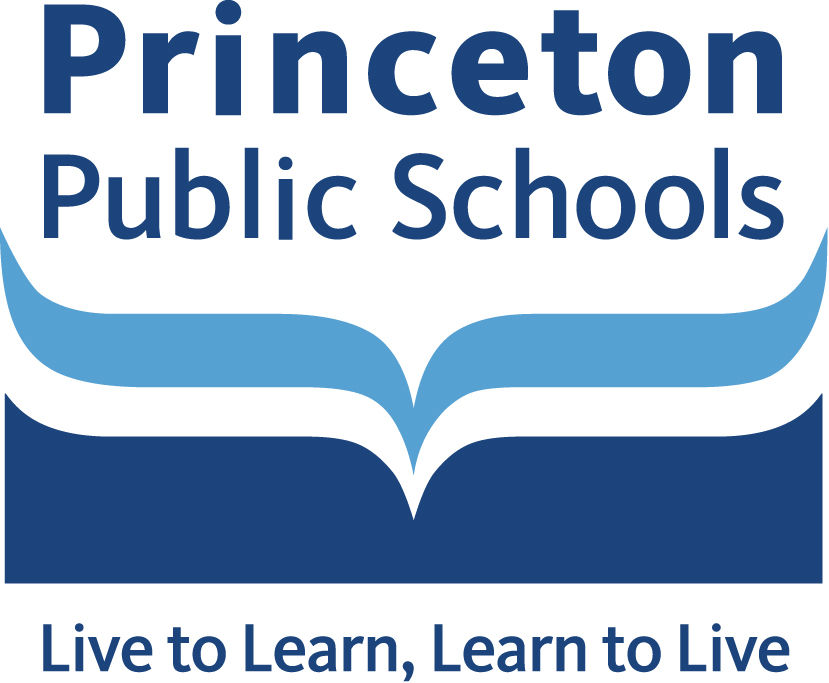By Philip Sean Curran, Staff Writer
The Princeton school district will test the water at all of its schools for lead as a precautionary step in light of elevated lead levels found in the drinking water in Newark public schools.
“As soon as we got the report that there were 12 schools in Newark that had elevated levels of lead, I just asked us to go ahead and test all of our buildings,” Superintendent of Schools Stephen C. Cochrane said Tuesday. “We don’t perceive that there’s any problem at all.”
For $1,500, the district said all of its buildings would be tested next week and that results should come back around April 1. The district said its water supplier, American Water Co., checks the water before it enters the schools, but the testing by NJ Analytical Labs will involve checking water that comes out of faucets and drinking fountains.
“I think it’s just a prudent move on the district’s part to do its due diligence to test,” said school board president Andrea Spalla.
A spokesman for the water company did not return a phone call Wednesday.
Mr. Cochrane said the district gets an annual test, from the company, “that really talks about the acidity level of the water and its purity.”
“So we have no reason to be concerned,” he said. “I always wanted to be pre-emptive and safeguard our schools and have the data ourselves so that we knew.”
Municipal health officials have been briefed on what the school district is up to. Dr. George DiFerdinando Jr., chairman of the Princeton Board of Health, said Wednesday that testing the water is a “good idea”.
Dr. DiFerdinando, who has worked in public health in New York and in New Jersey, said that prior to the early 1950s, lead was used in paint and in water pipes — a public health concern especially for older homes and schools.
In Princeton, Mr. DiFerdinando said the town averages two to three lead poisoning cases a year that “always” originate from people living in older homes or apartments.
He said that in New Jersey, all 1-and 2-year-old children are required by state law to be tested for lead.
Newark, home to the state’s largest school system, is responding to what Trenton lawmakers have called a “potential public health crisis” after 30 schools in the city had drinking water with elevated levels of lead. The state Department of Environmental Protection has said lead is in not in the city drinking water supply.
Princeton took action at a time when lawmakers are pressing for the same measure on a statewide level.
State Senate President Stephen M. Sweeney (D-3) and two state senators representing Newark on Tuesday wrote to state education commissioner David C. Hespe calling on him to mandate that every public school in New Jersey have its drinking water tested for lead. Mr. Sweeney and state Sens. M. Teresa Ruiz (D-29) and Ronald L. Rice (D-28) said they have introduced legislation to that effect providing $3 million to cover the testing costs.
“We ask that you do not wait for enactment of this bill,” the lawmakers wrote in seeking Mr. Hespe use his power as commissioner to act immediately.

